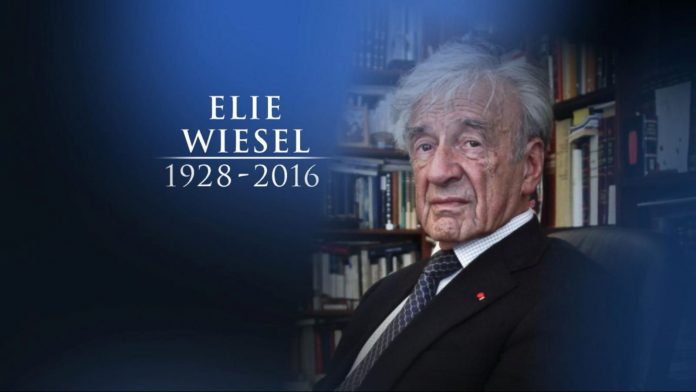The Elie Wiesel National Institute for the Study of the Holocaust in Romania has published its latest monitoring report on anti-Semitism in Romania analyzing the developments in hate speech in the online environment and extremist, anti-Semitic actions in the public space.
According to the report, the COVID-19 pandemic, the vaccination campaigns, the public signalling of the danger generated by the increase in anti-Semitism cases and the promotion of knowledge of the history of the Holocaust are the main factors that in 2021 triggered an intensification in hate speech online and offline.
„The alarm signals over the presence of anti-Semitism in Romania did not slow down extremist messages, on the contrary, they adapted to the new items on the public agenda, intertwining Holocaust denial with anti-Semitism and strengthening the theory that negatively impacting the image of Romania by those who pursue political interests or serve foreign powers is being attempted,” the document mentions.
The institute also says that instances of vandalism, actions to praise former Romanian fascists, people convicted of war crimes or known for extremist attitudes, anti-Semitic messages in Parliament and the trivialisation of the memory of Holocaust victims remain a constant.
At the level of central administration, the commitment to combat extremist actions is reconfirmed by the passage of a national strategy for preventing and combatting anti-Semitism, xenophobia, radicalisation and hate speech and by introducing History of Jews and the Holocaust in Romania as a subject matter is schools.
On the other hand, the document reveals that at the level of local administrations, officials, magistrates and bodies dealing with implementing the laws and measures adopted by Parliament and the government, there is precarious knowledge, a lack of awareness of the monitored issues and responsibility, which makes it difficult to put into practice the intentions clearly stated by the central administration.
„Therefore, in the public space in Romania streets and monuments of some people convicted of war crimes continue to exist. Except for an isolated case (Constanta Local Council decided to rename the Marshal Ion Antonescu Street), the list identified by the media in August 2021 remains unchanged at the time of writing,” the document notes.
According to the report, at the level of society, the segment with extremist attitudes and behaviorus is encouraged by the lack of reaction of the authorities and in specific circumstances does not hesitate to express itself and make its prejudices and intolerance heard.
„The acts of vandalising places with a special symbolism for the Jewish communities in Romania, praising the memory of former fascists, people convicted of war crimes or known for extremist attitudes, anti-Semitic messages in Parliament and trivialising the memory of Holocaust victims remain a constant in the public space in Romania,” reads the document.
Another observation in the report concerns hate speech, which continues to manifest itself intensely in the online environment, on websites, blogs, social media, capitalising on items on the public agenda – the COVID-19 vaccination campaign, combating anti-Semitism, studying the history of Jews and the Holocaust in schools, the outbreak of war in Ukraine, promoting conspiracy theories and ideas such as Jews run the world / Romania.
„Facebook continues to be the most popular social media in Romania, representing a main source of information, a major channel of public expression. The platform has improved its mechanisms for removing content that violates the law or community standards. The measures taken determine the users who distribute anti-Semitic content to migrate to other, more permissive online communication channels, such as Telegram or VK,” explains the document released by the Elie Wiesel National Institute for the Study of the Holocaust in Romania.

















